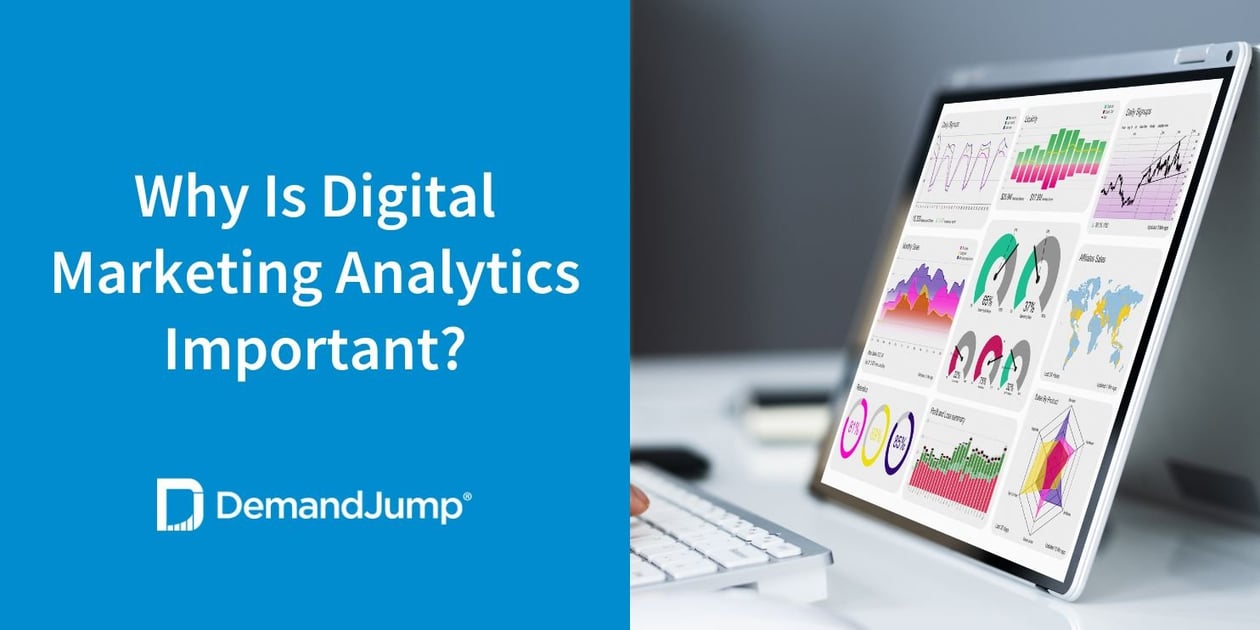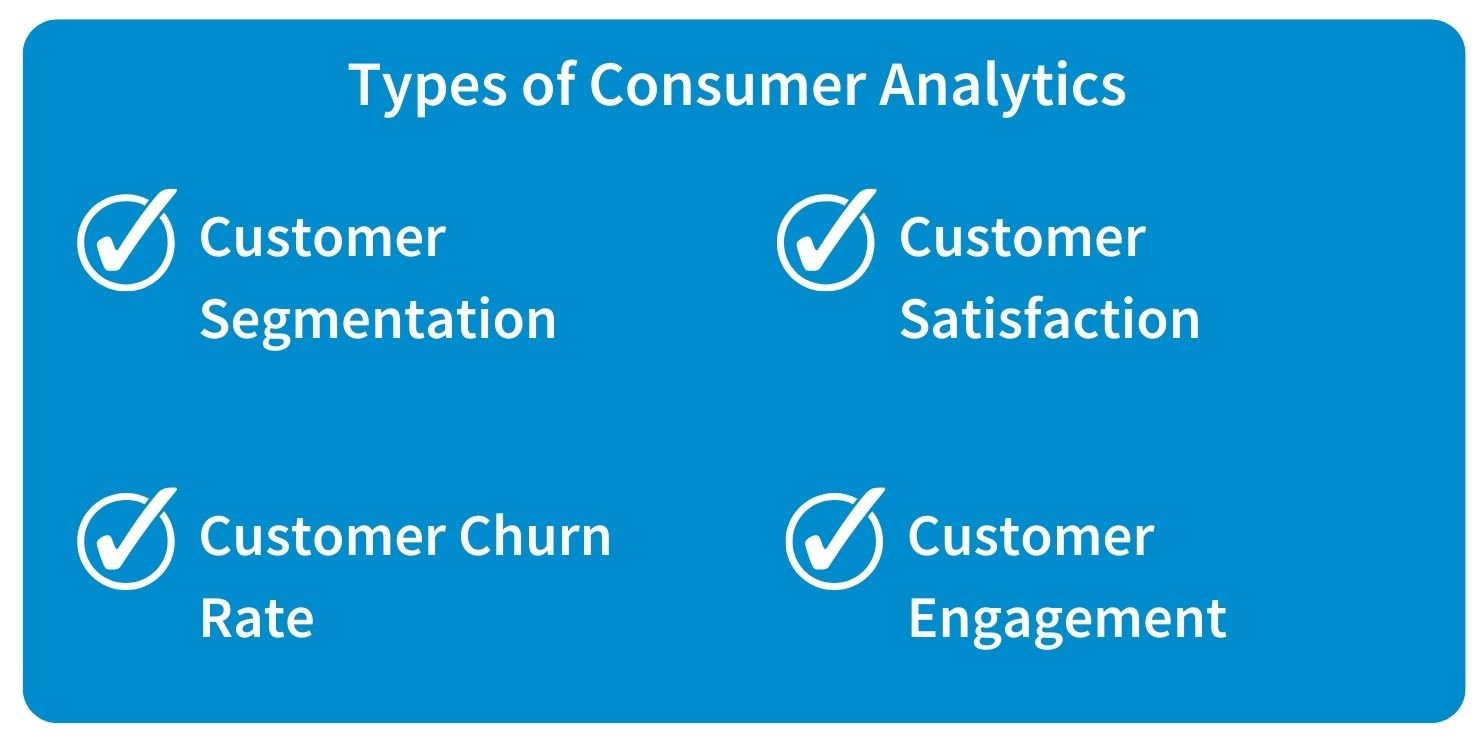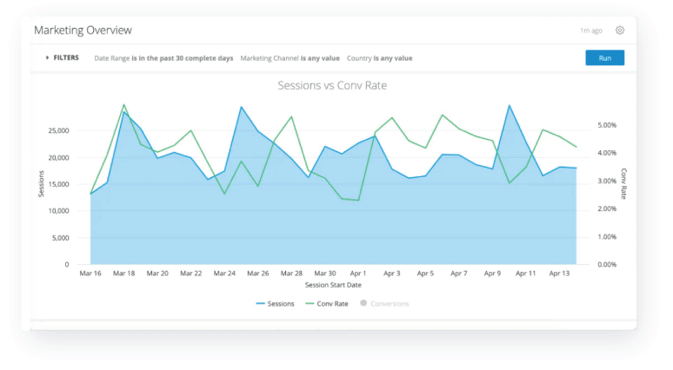Why Is Digital Marketing Analytics Important?
April 15, 2020 •DJ Team

The world is now online. While there are still service industries where brick and mortar businesses exist, even these companies benefit from digital marketing. According to recent statistics, 55% of customers will search online for reviews and web presences before making a purchase. Customers expect to visit a website and to connect with trusted businesses through social media.
Online, everything is trackable. Web properties, social media accounts and other digital marketing initiatives can all be linked and tracked. The data marketers now have access to is truly astounding. For most companies, digital marketing analytics are an integral part of building an online presence that helps to promote their brand and business. Without studying the data, your marketing endeavors won’t reap the optimal results. It's important that you build a strategy and that you become addicted to evaluating and understanding the data. This allows you to see how your marketing initiatives are performing and whether you might need to change strategies or tactics.
Digital marketing analytics give you a way to assess your progress. By using these tools, you can see which content performs well, where you're reaching your target audience, which channels have the best engagement, and the journey your audience is taking before converting into paying customers.
The Evolution to Digital Marketing
The elements of digital marketing are different from traditional advertising models. Traditional marketing efforts still have their place for certain things. An ad spot on a major network will still reap results. That advertising option works differently than digital marketing, though. Traditional marketing was more about getting the brand name out in front of as many eyeballs as possible - which eyeballs didn’t seem to matter as much.
Digital marketing is slightly different. The model for digital marketing often starts with content marketing strategy. Your strategy is developed through market research and intelligence which helps you to tailor your marketing position to more highly targeted groups of individuals. In other words, you’ll gather market intelligence to inform where your company fits. What customers do you serve and why is your offering most attractive to them?
Building your content strategy will include developing content that's personalized for your audience and gives them value. Rather than a straight sales pitch, digital marketing is about building relationships. As mentioned before, one key benefit of operating in the digital world is marketing channel optimization through use of the abundant data generated. Anything you do online can be analyzed. Your reporting options help you to determine the growth of your brand, engagement, and they help you to collect information on your audience to improve your content.
Analytics vs Analysis
Digital analytics refers to “tools or platforms that analyze the data collected from your online marketing activity." You'll find a number of definitions for the term but most often analytics is the reference used for the set of tools that help you collect and analyze your data. Digital analytics examples might include DemandJump’s cross-channel analytics product, Google Analytics, HubSpot, and CrazyEgg, to name a few.
Your analytics are tools used to make sense of your data. Generally, you can customize your dashboard and reporting options to specifically surface the information that's important for your business and web properties. You can also use individual analytics from sites, such as Facebook and Twitter. Once you’ve brought all your marketing data together (which can be a big feat in itself) the real benefit of utilizing analytics tools is the ability to turn data into insights. However, if your platforms are simply spooling up data without context or insight, the analysis might take some time, and you might need to bring in a specialist to help with the required data science.
The goal should always be to generate insights that can help you better understand your customer, their thought processes, and how you can better align to their wants and needs. Digital marketing is anything but stagnant. There are always new techniques and changes to employ to improve your process.
Types of consumer analytics may offer the functionality of segmentation, satisfaction, customer churn rate, and customer engagement and a variety of other key consumer engagement metrics. These are some key things you might look for when determining your digital success in engagement and growth.

There are a number of ways to analyze your customer data. You might use analytics to measure engagement through any of your campaigns. You can also add surveys or retain information given directly to employees via customers. This information can be invaluable in determining where your brand stands and how to improve.
Benefits of Digital Marketing Analytics
The importance of analytics in digital marketing can't be understated. When you look at old-fashioned marketing endeavors, like the Mad Men of the 1960s, there was a lot of creativity and guesswork. Marketing is still creative but data analytics allow you to understand the immediate and long term effectiveness to the creative assets of your brand.
When you study the importance of data analytics in marketing, you can see that this technology allows you to have access to a wealth of information that can inform your messaging. Your customer becomes the central part of your story so that you can build a more solid relationship with individual audience members. And this is a great way to build loyalty.
With the right analytics tools, you also gain access to a great deal of information before you develop products. This has been an amazing benefit for companies because they can ask their audience about the types of products and services they want and need. Instead of trying to find a market for something you're selling, you have a ready-made market that you can create services to meet. There is less risk involved when you already know that the market exists.
Analytics have taken many of the unknown variables out of marketing. There will, of course, still be surprises. You can't always tell what content will go viral or which messaging will resonate with the audience in advance, but with the right consumer insights, you can get close. Sometimes the things that catch on or really promote a product can be purely accidental. For the most part, though, marketing campaigns that do well are the result of painstaking effort and careful analysis of the data available.

To simplify your digital marketing strategy and see how you stack up against competitors, get started for free today!
Featured Articles
Categories
- Attribution Tracking (13)
- Channel Optimization (11)
- Consumer Insights (68)
- Content Marketing (251)
- Data Science (8)
- Digital Marketing (6)
- Digital Transformation (26)
- Enterprise (10)
- Lead Generation (14)
- Market Intelligence (8)
- Marketing Analytics (39)
- Marketing Attribution (57)
- Marketing Management (153)
- Marketing Operations (86)
- Organic Search (222)
- Paid Search (52)
- Pillar-Based Marketing (63)
- Programmatic Advertising (9)
- SaaS Content (14)
- SaaS Marketing (29)
- Search Marketing (111)
- SEO Keyword Research (28)
- SEO Pillar (18)
- SEO Strategy (46)
- SMB (5)
- Website Content (12)


